Brazil does not have the same traceability standards for beef as EU producers have, according to a group of MEPs just back from an inspection visit there. Records are only kept of the batches of animals slaughtered, their report says.
“As a result, while they can trace a batch of meat to one or more slaughter points in a single day, the meat cannot be traced back to the individual farm from where the animal originated,” the report reads.
This is unlike the situation in Europe where slaughterhouses are required to keep records of each individual animal slaughtered, the MEPs noted.
The MEPs, members of the European Parliament’s Committee on Agriculture and Rural Development, were in Brazil from 2 to 6 April 2018. The visit was to allow them gain insight into Brazil’s beef and poultry industries.
They undertook the visit because of concerns about EU-Mercosur trade negotiations and the impact that high imports of Brazilian beef and poultry would have on EU agriculture. Their other concern is standards in Brazil’s production facilities as highlighted by the recent tainted meat scandal.
The delegation travelled to the Brasilia and Mato Grosso regions due to the latter’s importance to the beef sector. They met with farmers, processors and other involved in meat production. They visited the slaughterhouse of Minerva Foods SA. The company slaughters more than 1,000 cattle per day. It is the second largest exporter from Brazil and Uruguay.
Reacting to the report, IFA livestock chair Angus Woods said that the MEPs’ visit proved that Brazil is still failing to meet EU standards on traceability and food safety. “Therefore, under no circumstances can Brazilian beef and poultry be allowed flood into the EU to threaten EU farmers and consumers.”
Read more
EU denies increasing Mercosur beef offer to 99,000t
Call for independent food safety inspections for Mercosur
Brazil does not have the same traceability standards for beef as EU producers have, according to a group of MEPs just back from an inspection visit there. Records are only kept of the batches of animals slaughtered, their report says.
“As a result, while they can trace a batch of meat to one or more slaughter points in a single day, the meat cannot be traced back to the individual farm from where the animal originated,” the report reads.
This is unlike the situation in Europe where slaughterhouses are required to keep records of each individual animal slaughtered, the MEPs noted.
The MEPs, members of the European Parliament’s Committee on Agriculture and Rural Development, were in Brazil from 2 to 6 April 2018. The visit was to allow them gain insight into Brazil’s beef and poultry industries.
They undertook the visit because of concerns about EU-Mercosur trade negotiations and the impact that high imports of Brazilian beef and poultry would have on EU agriculture. Their other concern is standards in Brazil’s production facilities as highlighted by the recent tainted meat scandal.
The delegation travelled to the Brasilia and Mato Grosso regions due to the latter’s importance to the beef sector. They met with farmers, processors and other involved in meat production. They visited the slaughterhouse of Minerva Foods SA. The company slaughters more than 1,000 cattle per day. It is the second largest exporter from Brazil and Uruguay.
Reacting to the report, IFA livestock chair Angus Woods said that the MEPs’ visit proved that Brazil is still failing to meet EU standards on traceability and food safety. “Therefore, under no circumstances can Brazilian beef and poultry be allowed flood into the EU to threaten EU farmers and consumers.”
Read more
EU denies increasing Mercosur beef offer to 99,000t
Call for independent food safety inspections for Mercosur



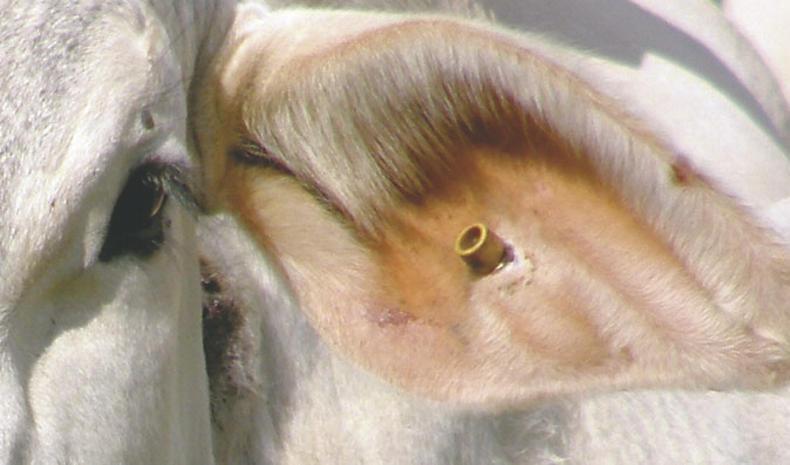

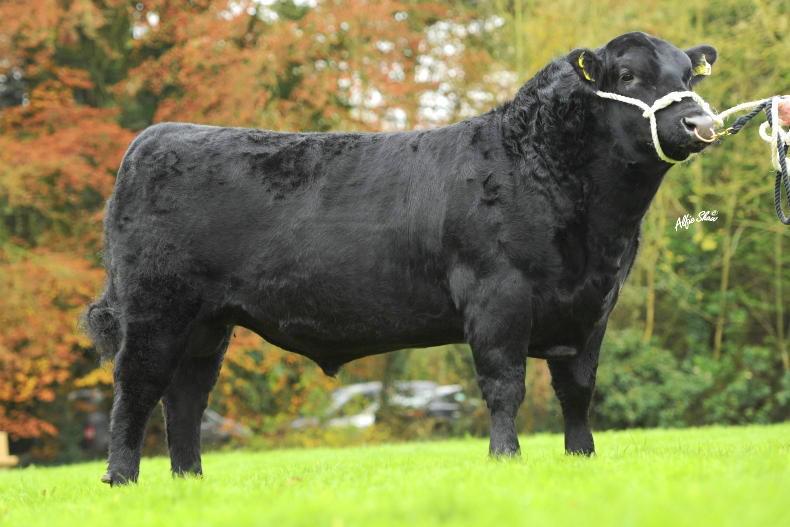
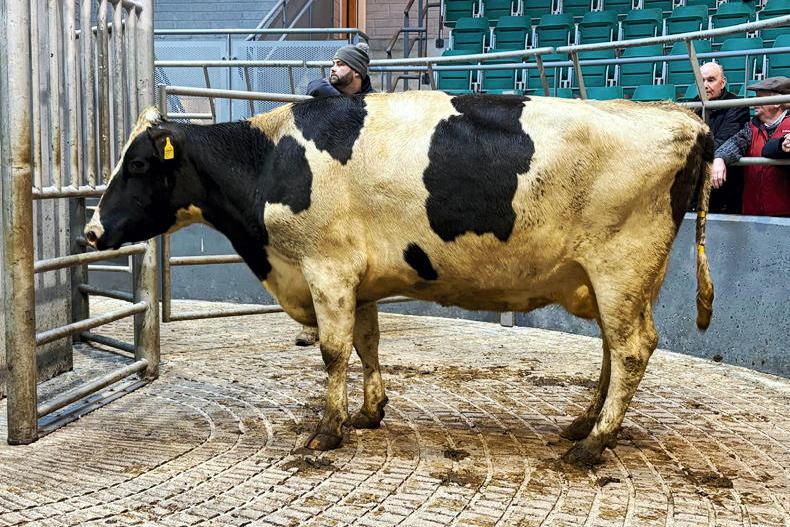
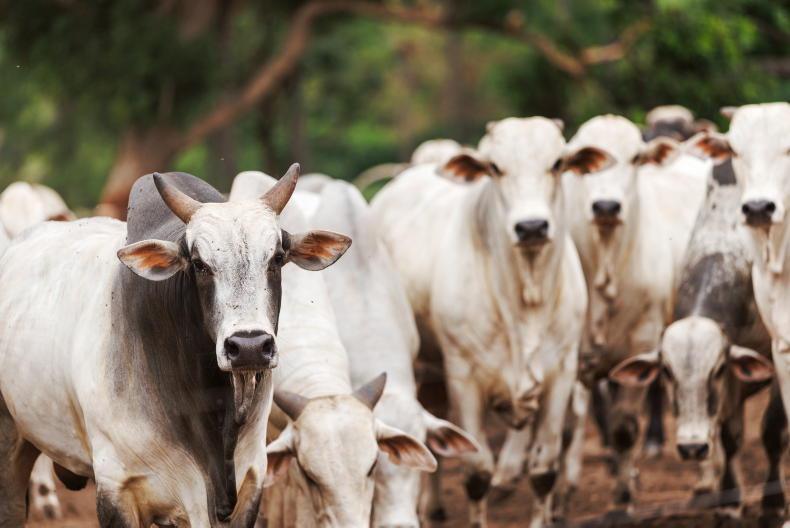
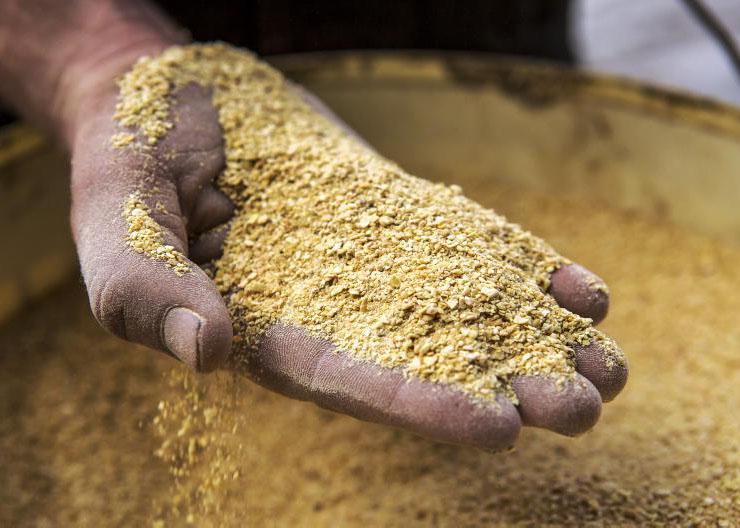
SHARING OPTIONS